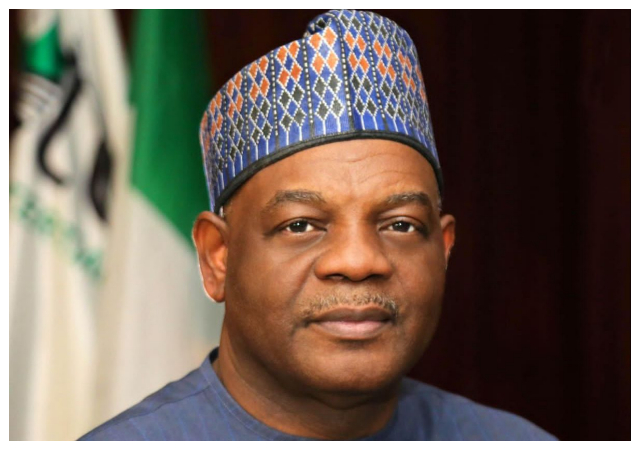
Sonny Echono, the executive secretary of the Tertiary Education Trust Fund (TETFUND), has urged all public institutions to develop a new sustainable funding strategy that ensures their financial independence.
He pointed out that the nation’s public universities were suffering from an excessive reliance on government money, and he insisted that implementing a new sustainable funding model would enable them to carry out their mission.
In Nsukka, Enugu State, over the weekend, Echono made the call while giving the 51st Convocation Lecture of the University of Nigeria, Nsukka (UNN), with the topic “University Autonomy and the Challenge of Sustainable Education Funding in Nigeria.”
According to him, ‘’The future of university education in Nigeria lies in sustainable funding,’’ which he said had heightened the need to explore innovative and sustainable funding models for university education in the country.
“Public universities suffer from over-dependence on the government. They are, therefore, susceptible to revenue shortfall, budgetary constraints, and other competing needs of the government.
“A regime of declining revenue and rising corruption manifests in deteriorating infrastructure and poor remuneration for lecturers.
“The incessant industrial actions over the last few years by staff unions in our universities, bordering on challenges of funding, has heightened the need to explore innovative, sustainable funding which implies rethinking stakeholders’ involvement in education financing to secure a qualitative and functional tertiary education system, which is an essential tool for sustainable development”.
Echono urged universities to go into the core business of education delivery, research, and services such as consultancy, clinical medical services, agribusiness, technology parks, and innovation hubs that would be self-financing and generate surplus revenue.
He said: “Our universities should be encouraged and supported to seek alternative and additional revenue sources by developing a range of pathways and mechanisms, including ventures related to their services that would be self-financing to generate surplus to the university and similar initiatives.”
In order to raise money and maintain the system, he also advised public institutions to actively work to bolster their R&D programs and establish strong connections and partnerships with business in order to commercialize their research findings.
Deserving graduates of the 2020–2021 class will get the university’s diploma and bachelor’s degree at the convocation, according to UNN Vice-Chancellor Prof. Charles Igwe.
He revealed that 1,451 students will obtain postgraduate degrees for the 2022–2023 academic year, out of the 12,962 graduating students, 11,444 would receive first degrees and 67 diplomas.
He stated that 288 graduates received First Class (Honors) degrees, 4,853 graduates received Second Class Honours (Upper Division) degrees, and 5,077 graduates received Second Class (Lower Division) degrees from the university.
The VC reminded the graduates that their association with UNN, their alma mater, should not cease with their graduation from the university and challenged them to continue serving as genuine ambassadors of the institution.
The Ooni of Ife and Chancellor of UNN, Oba Adeyeye Ogunwusi, congratulated the graduates and their families on their outstanding achievement in graduating from Nigeria’s top university. He also expressed happiness that the University of Nigeria has continued to serve as a good breeding ground for the kind of reliable and high-caliber workforce that is needed to develop both the nation and the world at large.



